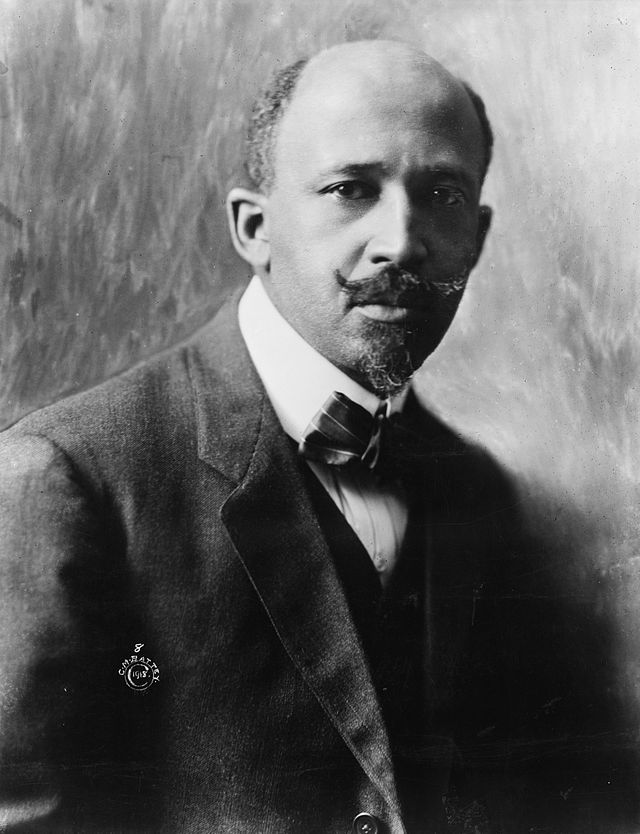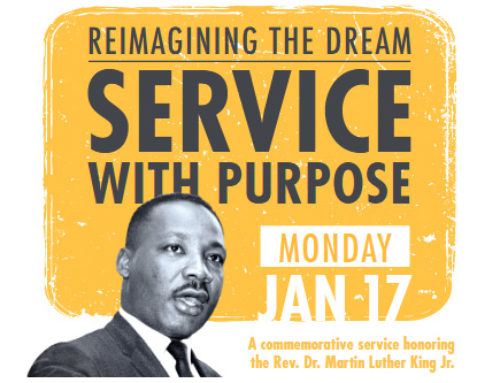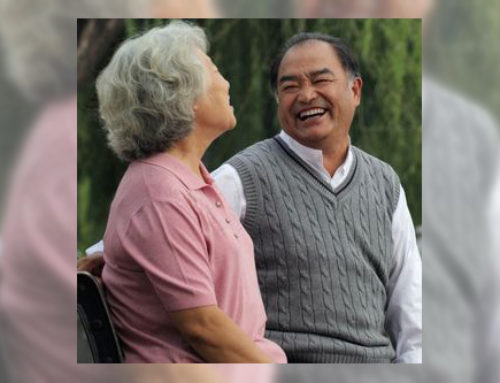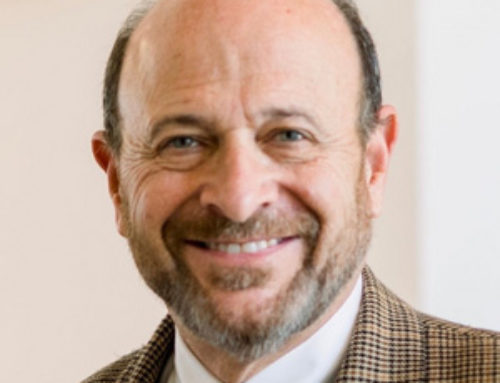Join Oasis for an in-depth five part series on the life of W.E.B. Du Bois
Clayton Oasis 146
Tuesday, Aug 4-Sep 1, 1:00-3:00
Fee: $42; Sessions: 5
 The words of William Edward Burghardt Du Bois (1868-1963) still ring true today. Du Bois was one of the most prominent African American intellectuals of the twentieth century in the United States and abroad. During his long and multifaceted career, Du Bois was a prolific writer, editor, sociologist, historian, civil and human rights activist, and Pan Africanist. Besides being the first African American to graduate from Harvard University with a Ph.D. in history, he was cofounder of the Niagra Movement, which opposed racial segregation and disenfranchisement. He also co-founded the National Association for the Advancement of Colored People (NAACP) in 1909. His writings continue to inspire people from all racial and ethnic backgrounds.
The words of William Edward Burghardt Du Bois (1868-1963) still ring true today. Du Bois was one of the most prominent African American intellectuals of the twentieth century in the United States and abroad. During his long and multifaceted career, Du Bois was a prolific writer, editor, sociologist, historian, civil and human rights activist, and Pan Africanist. Besides being the first African American to graduate from Harvard University with a Ph.D. in history, he was cofounder of the Niagra Movement, which opposed racial segregation and disenfranchisement. He also co-founded the National Association for the Advancement of Colored People (NAACP) in 1909. His writings continue to inspire people from all racial and ethnic backgrounds.
For engaged intellectuals, Du Bois set the standard for understanding African American history and culture. The Souls of Black Folk has influenced readers both in America and abroad. Souls provided White Americans a glimpse into the inner life and hopes of black people. “African Americans found an advocate with the courage, eloquence, and intellect to voice their ‘spiritual strivings’ without the cautious apologia of Booker T. Washington—the most famous and powerful black man in America…”(Crouch and Benjamin, 2002, p. 6-7). Du Bois’ writings address such topics as “double consciousness,” living within the “Veil,” and the Talented Tenth which is still debated today. He provided a basic language for people from all backgrounds to understand African American history and social conditions.
Throughout his personal and professional career, Du Bois devoted his life to many social issues. The series of workshops at Oasis will cover his writings on the following: the power of literature and art in social change; the debate between Du Bois and Booker T. Washington; the Talented Tenth and the role of women; the power of Negro Spirituals and African liberation music; and the relevance of Du Bois today.
Sheila Bassoppo-Moyo
(Class instructor)







Leave A Comment